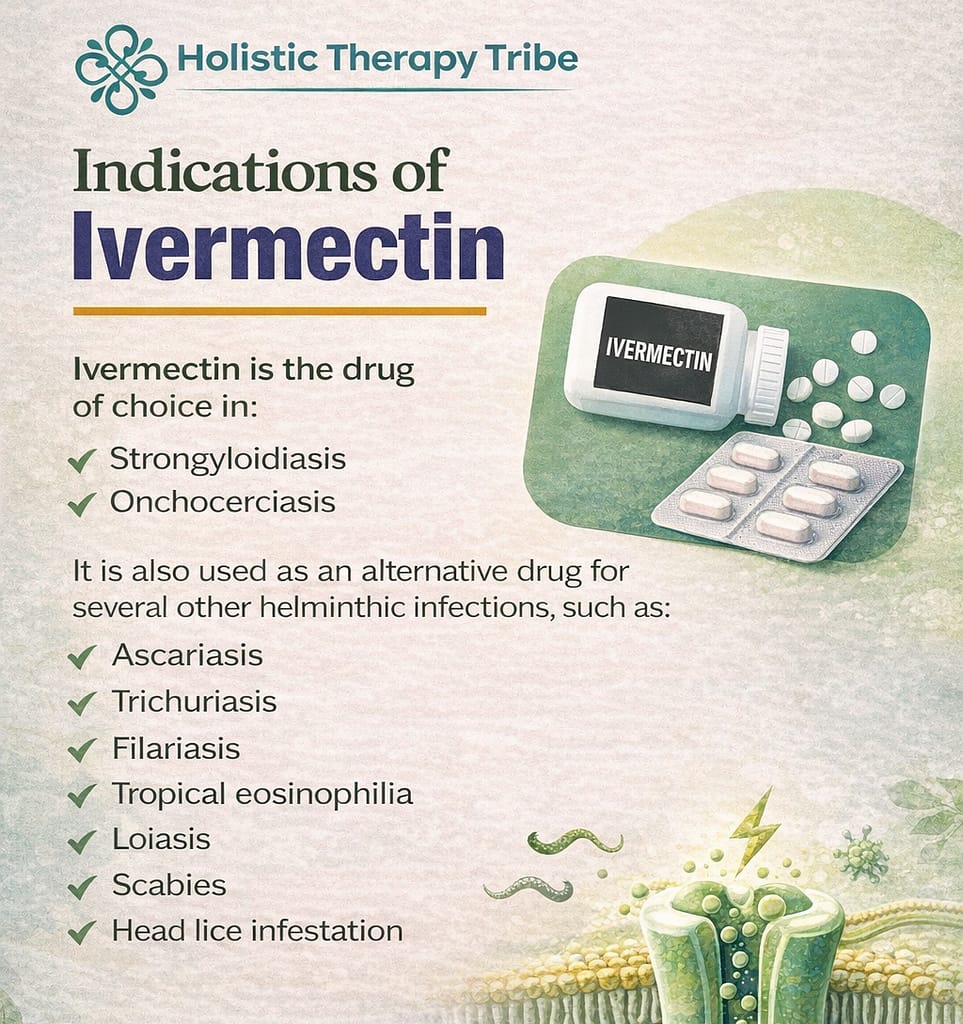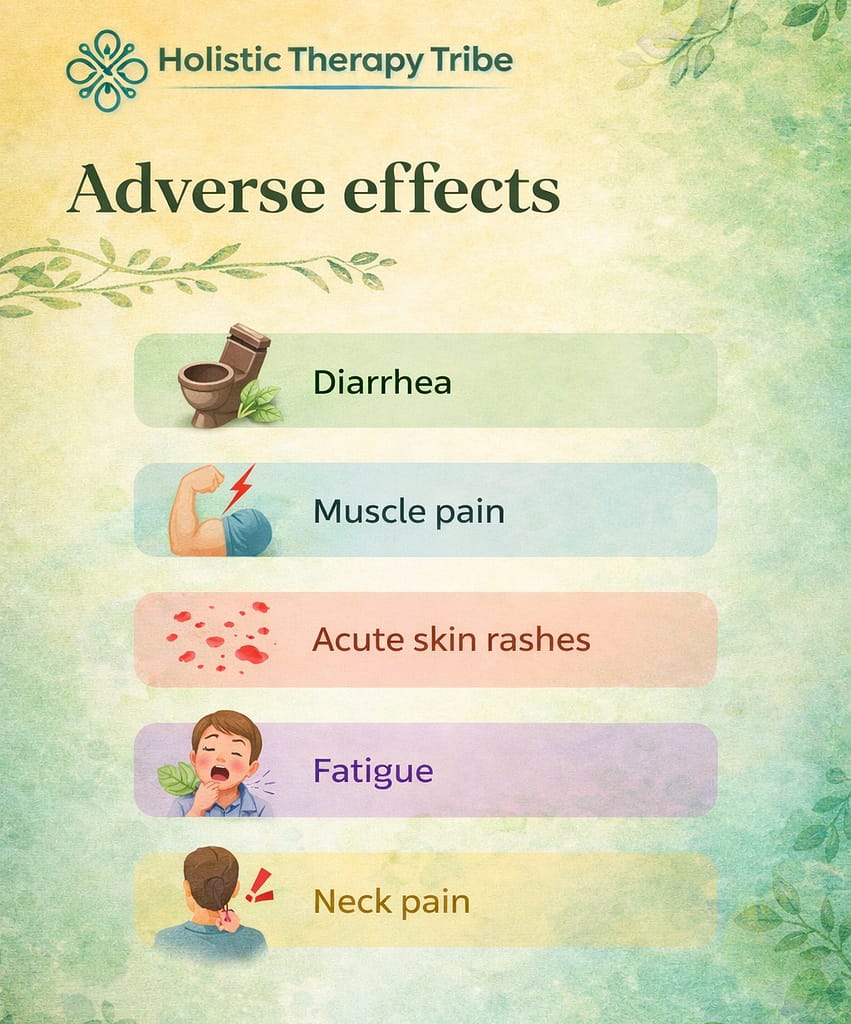
Lyme disease is a multisystemic infection that requires appropriate treatment strategies. Apart from conventional antibiotic treatment, are you aware of any alternative treatment options?
Dr Keith W.Berkowitz is the founder and medical director of the Center for Balanced Health in New York. To treat the symptoms, he uses a combination of complementary and conventional medicine.
In this blog, we will explore how the alternative treatment modalities support Lyme disease patients. We will also discuss whether medications, like ivermectin can reduce Lyme disease symptoms.
Who is Dr Keith Berkowitz?
Dr Keith Berkowitz has highlighted the role of several treatment strategies for managing the clinical symptoms of different diseases, such as Lyme disease. He emphasizes the importance of blood glucose regulation, cortisol level management, and mitochondrial support for a faster recovery.
Lyme disease is a bacterial infection that is transmitted through a tick bite. The clinical symptoms of Lyme disease can include,
- Paralysis of the facial nerve
- Brain fog
- Weakness
- Bull’s eye rashes
- Musculoskeletal pain
What is Ivermectin?
The US Food and Drug Administration (FDA) has approved ivermectin for the treatment of head lice and skin disorders, like rosacea. It is an anti-parasitic drug that interferes with the nerve and muscle functioning of worms.

Mechanism of action:
Ivermectin causes the paralysis of parasites, by binding to glutamate-gated chloride channels. It will not affect mammals, as it is unable to invade their central nervous system. These tablets can also monitor the response of the immune system and help to overcome these parasites.
Ivermectin can also alter the ability of the parasites to produce proteins and protect from the infection.
Adverse effects:
Common side effects can include,
- Diarrhoea
- Muscle pain
- Acute skin rashes
- Fatigue
- Neck pain

Can ivermectin be used in the treatment of Lyme disease?
In 1987, ivermectin was approved for its use in treating the symptoms of Lyme disease, and other parasitic infestations. Several pieces of evidence suggest that the drug has antimicrobial activity. Ixodes scapularis (black-legged ticks) are responsible for spreading majority of the infections.
Ivermectin is used in veterinary medicine to control the growth of ticks, but was never tested in humans. Pathogen transmission is an active process in infections, such as Lyme disease. When the tick is exposed to ivermectin, paralysis of muscles can occur. A single dosage of ivermectin can reduce the chance for tick exposure, when taken within 24 hours. This drug is safe and has a longer half-life. However, further research is needed to determine whether ivermectin can be used to prevent tick-borne infections.
How is ivermectin administered?
Ivermectin can be administered orally and is used as a cure against different parasitic infections among human beings. Initially considered as a drug to treat diseases like strongyloidiasis and onchocerciasis, ivermectin has received additional interest for its use in treating conditions, such as Lyme disease.
Along with the oral preparation, topical form is also available to treat skin infections, such as scabies and lice. Due to the adverse effects, ivermectin should be taken under the guidance of a healthcare professional.
How is traditional antibiotic therapy different from ivermectin?
| Antibiotic treatment | Ivermectin |
|---|---|
| Treats bacterial infections, such as Lyme disease. | Treats parasitic infections |
| Antibiotic therapy is approved by the FDA for treating Lyme disease. | This drug is not approved by the FDA for treating Lyme disease. |
| Inhibits or kills the growth of bacteria | Interferes with the muscle or nerve function of the parasites. |
Conclusion
- Lyme disease is a complex disease that requires a personalized treatment approach.
- Even though antibiotic treatment serves as a major cornerstone of the treatment, Dr Berkowitz’s strategies can help in alleviating the symptoms.
- Antiparasitic drugs, such as ivermectin are not approved by the FDA for managing the clinical symptoms of Lyme disease.
- Further research is indicated to evaluate the alternative treatment strategies for Lyme disease.
References
- Center for Balanced Health. Dr. Keith Berkowitz [Internet]. New York: Center for Balanced Health; [cited 2025 Jul 28]. Available from: Link
- Apple Podcasts. The Chronic Lyme & Long COVID Connection with Dr. Keith Berkowitz [Internet]. 2024 Apr 10 [cited 2025 Jul 28]. Available from: Link
- Mayo Clinic. Ivermectin (oral route) [Internet]. Rochester (MN): Mayo Foundation for Medical Education and Research; c2025 [cited 2025 Jul 28]. Available from: Link
- ScienceDirect Topics. Ivermectin. In: Medicine and Dentistry [Internet]. Elsevier; [cited 2025 Jul 28]. Available from: Link
- Bullard MJ, D’Amore JD. Ivermectin as a potentially useful agent in the treatment and prevention of Lyme disease and other tick-borne diseases in humans. Wilderness Environ Med [Internet]. 2012 Dec [cited 2025 Jul 28];23(4):357–61. Available from: Link


